The Age-Old Practice of Holistic Healing


Holistic healing, a practice centred on treating the individual as a whole rather than merely addressing specific symptoms, boasts a history spanning several millennia. This comprehensive approach to health and well-being is deeply embedded in age-old traditions and customs, drawing from various cultural and civilizational practices.
Traditional Chinese Medicine (TCM), with a history of over five millennia, is one of the earliest holistic healing systems. TCM operates on the principle that the human body is a complex network of interrelated components, and any disruption or imbalance in this system can lead to illness. To counteract these imbalances, TCM practitioners employ herbal treatments, acupuncture, and other therapeutic methods to rebalance the body's energies and promote healing.
Similarly, Ayurveda, another ancient system from India over 5,000 years ago, is founded on the concept that proper health is the balanced integration of mind, body, and spirit. Ayurvedic practices include a variety of herbal remedies, dietary modifications, meditation techniques, and other holistic interventions to restore equilibrium and foster overall wellness.
These historical healing practices represent a segment of the diverse holistic methodologies developed across different cultures. From the healing traditions of ancient Egypt to those of Native American communities, each culture has contributed its unique perspective to holistic health.
The hallmark of holistic healing is its focus on the complete wellness of the individual, acknowledging the interconnectedness of physical health with mental, emotional, and spiritual aspects. This approach aims to alleviate immediate health concerns, cultivate long-term well-being, and prevent future health issues.
In modern times, there's a growing interest in holistic healing as an alternative or complement to conventional medical practices. This approach advocates for personalized care, emphasizing individual needs and encouraging self-care practices. Holistic practitioners often dedicate more time to their patients, considering a broad range of factors, including lifestyle and overall health history, which might influence one's well-being.
While holistic healing should not be seen as a substitute for conventional medical treatments, it is a beneficial adjunct, offering a more comprehensive approach to health care. Integrating holistic methods with traditional medical treatments can achieve a more balanced and thorough approach to health care.
As the exploration of holistic healing's benefits continues, it's vital to acknowledge and value its historical underpinnings. Understanding the knowledge and traditions passed down over generations allows for a deeper appreciation of this multifaceted approach to health and wellness.


